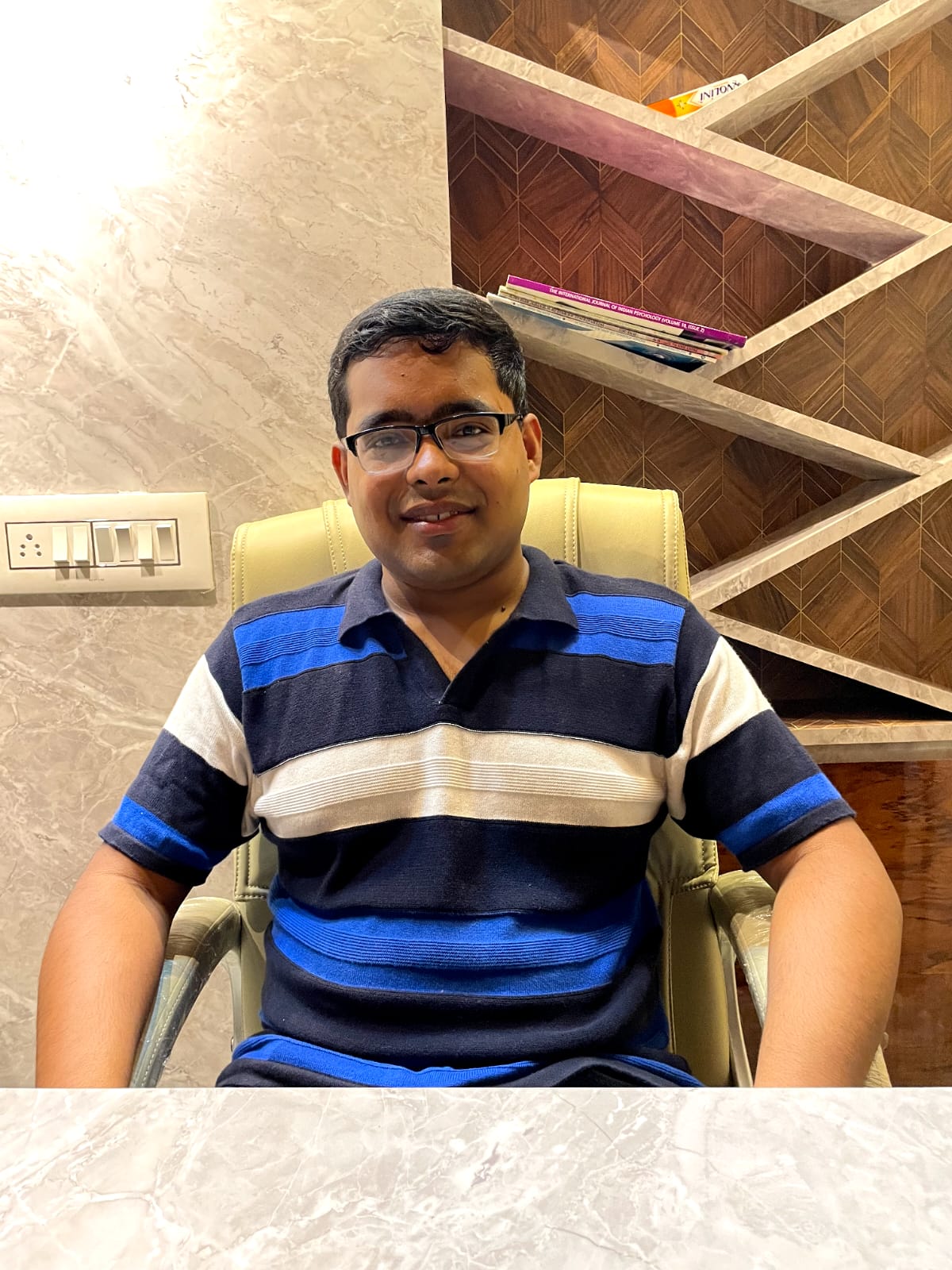Agoraphobia Treatment Options and Strategies
Explore effective treatment options and strategies for agoraphobia, including therapy, medication, and lifestyle approaches. Learn how to manage symptoms and improve daily functioning with professional support.

Written by Dr. M L Ezhilarasan
Reviewed by Dr. D Bhanu Prakash MBBS, AFIH, Advanced certificate in critical care medicine, Fellowship in critical care medicine
Last updated on 30th Aug, 2025

Living with agoraphobia can be challenging, but with the right treatment and support, it is possible to manage symptoms and improve your quality of life. This article will help you understand agoraphobia, its symptoms, causes, and effective treatment strategies.
What is Agoraphobia?
Agoraphobia is an anxiety disorder where a person fears and avoids places or situations that might cause panic, helplessness, or embarrassment. Common triggers include:
Crowded places (malls, public transport)
Open spaces (parks, parking lots)
Enclosed spaces (elevators, theaters)
Being outside the home alone
People with agoraphobia often worry about not being able to escape or find help if they experience panic symptoms. Over time, this fear can lead to avoidance, making daily life difficult.
Consult Top Psychiatrist
Symptoms of Agoraphobia
Agoraphobia can cause both physical and emotional symptoms:
Physical Symptoms:
Rapid heartbeat
Shortness of breath
Sweating or trembling
Chest pain or dizziness
Nausea or stomach discomfort
Emotional Symptoms:
Fear of losing control
Fear of being trapped
Feeling helpless without a trusted companion
Avoiding situations that trigger anxiety
If left untreated, agoraphobia can lead to isolation, depression, and difficulty performing daily tasks.
What Causes Agoraphobia?
The exact cause is unknown, but several factors may contribute:
Genetics: A family history of anxiety disorders may increase risk.
Brain Chemistry: Imbalances in neurotransmitters (brain chemicals) can affect anxiety levels.
Traumatic Events: Past panic attacks or stressful experiences may trigger agoraphobia.
Personality Traits: People with high anxiety sensitivity may be more prone.
Effective Treatment Options
The good news is that agoraphobia is treatable. A combination of therapy, medication, and lifestyle changes can help manage symptoms.
1. Psychotherapy (Talk Therapy)
The most effective treatment is Cognitive Behavioral Therapy (CBT), which helps:
Identify and change negative thought patterns.
Gradually face feared situations (exposure therapy).
Learn coping skills to manage anxiety.
2. Medications
Doctors may prescribe:
Antidepressants (SSRIs/SNRIs): Help regulate mood and reduce anxiety.
Anti-anxiety medications (Benzodiazepines): Provide short-term relief but are not for long-term use.
Always consult a doctor before starting or stopping any medication.
3. Lifestyle and Self-Help Strategies
Small changes can make a big difference:
Practice Relaxation Techniques: Deep breathing, meditation, and progressive muscle relaxation can reduce anxiety.
Exercise Regularly: Physical activity boosts mood and reduces stress.
Limit Caffeine & Alcohol: These can worsen anxiety symptoms.
Join a Support Group: Sharing experiences with others can provide comfort and motivation.
4. Gradual Exposure Therapy
Facing fears slowly can help regain confidence:
Start with less scary situations (e.g., standing near the door).
Gradually increase exposure (e.g., walking outside for a few minutes).
Celebrate small victories to build confidence.
When to Seek Professional Help?
If agoraphobia is affecting your daily life, consider reaching out to a mental health professional. Early treatment leads to better outcomes.
How Apollo 24|7 Can Help
If you or a loved one is struggling with agoraphobia, Apollo 24|7 offers:
Online consultations with experienced psychologists and psychiatrists.
Personalized treatment plans tailored to your needs.
Easy appointment booking from the comfort of your home.
Take the first step today and schedule a consultation and start your journey toward recovery.
Conclusion
Agoraphobia doesn’t have to control your life. With the right treatment, support, and self-care, you can overcome fear and regain your freedom. Remember, seeking help is a sign of strength, not weakness.
Consult Top Psychiatrist
Consult Top Psychiatrist

Dr. Puli Vanaja Reddy
Psychiatrist
15 Years • MBBS, MPH (USA), DCP (UK)
Hyderabad
Apollo Hospitals Jubilee Hills, Hyderabad
(175+ Patients)

Dr. Harshil Shah
Psychiatrist
4 Years • MBBS, Psychiatry ( MD Psychiatry), MIPS
Ahmedabad
Apollo Hospitals Gandhinagar, Ahmedabad
(225+ Patients)

Dr. Pratik Kumar
Psychiatrist
10 Years • MBBS,DNB-PSYCHIATRY
North West Delhi
DELHI GLOBAL MIND CLINIC, North West Delhi
(75+ Patients)

Dr. Sowmya G N
Psychiatrist
5 Years • MBBS,DNB,DPM
Bengaluru
Apollo Clinic, JP nagar, Bengaluru

Dr. Ankit Halder
Psychiatrist
7 Years • MBBS, MD (Psychiatry)
Kolkata
MCR SUPER SPECIALITY POLY CLINIC & PATHOLOGY, Kolkata




